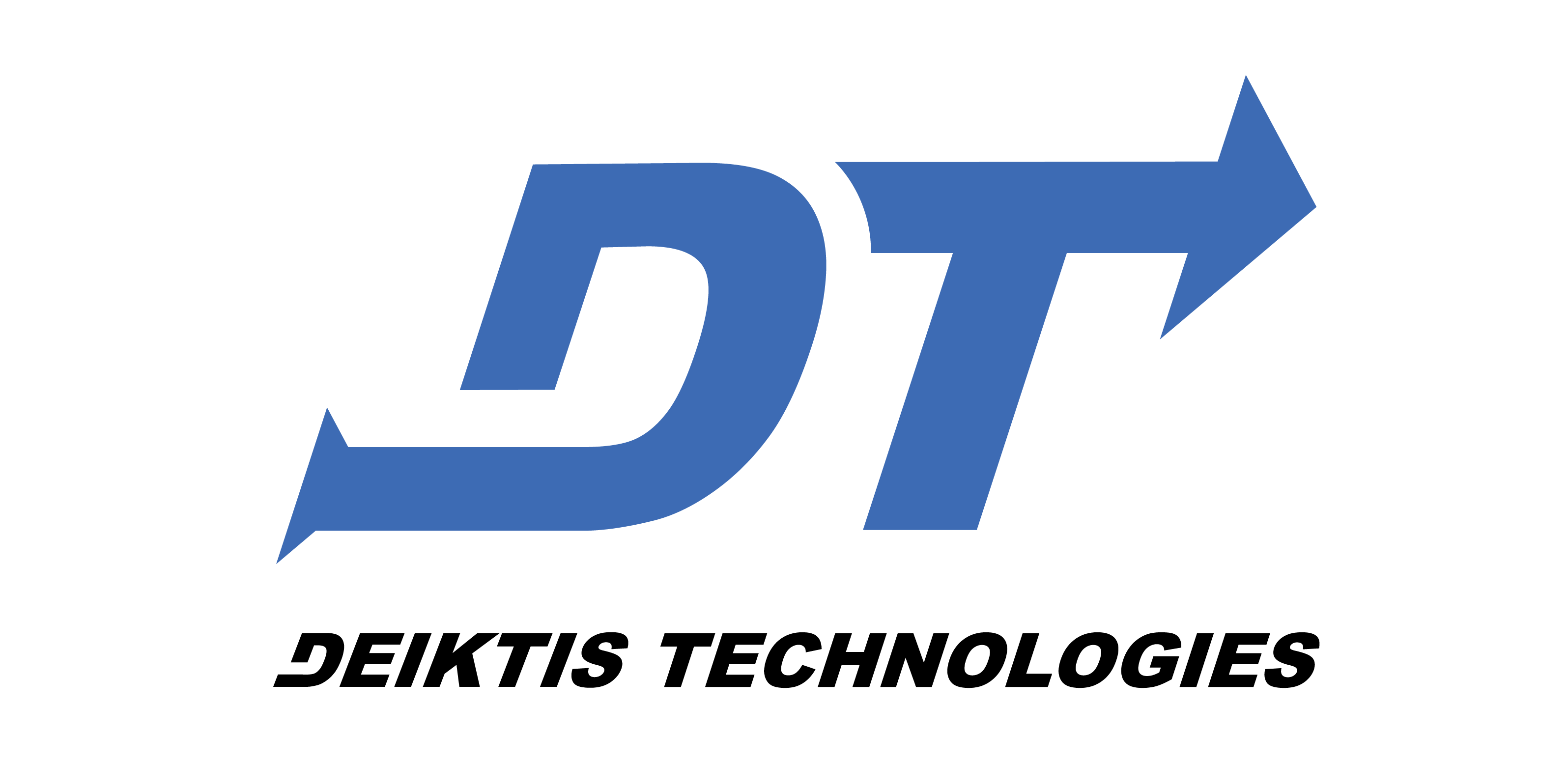
Introduction:
Welcome to DeiktisTech, where we delve into the intricacies of industrial processes and technologies. In this inaugural blog post, we embark on a journey to demystify the realm of process measurement in industries. From manufacturing plants to chemical refineries, process measurement plays a pivotal role in ensuring efficiency, quality, and safety. Let’s unravel the fundamentals and significance of process measurement, shedding light on its importance and various methodologies employed across industries.
Understanding Process Measurement:
At its core, process measurement involves quantifying and analyzing various parameters within industrial processes to monitor, control, and optimize operations. These parameters could range from temperature, pressure, flow rates, to chemical compositions and more, depending on the specific requirements of each process. The precise measurement of these variables enables industries to maintain optimal conditions, ensure product quality, and enhance overall productivity.
Importance of Process Measurement:
The importance of process measurement cannot be overstated in the realm of industries. It serves as the eyes and ears of process control systems, providing real-time data essential for decision-making and troubleshooting. Whether it’s maintaining tight tolerances in manufacturing processes or adhering to stringent environmental regulations, accurate measurement forms the foundation of operational excellence and regulatory compliance.
Key Components of Process Measurement:
Process measurement systems typically comprise several key components:
- Sensors and Instruments: These are the frontline components responsible for capturing data from the process environment. Sensors come in various forms, including temperature sensors, pressure transmitters, level detectors, and analytical instruments tailored to specific applications.
- Data Acquisition Systems: Once data is collected from sensors, it needs to be processed and transmitted for analysis. Data acquisition systems play a crucial role in converting analog signals from sensors into digital data, which can be further processed by control systems or displayed for operators.
- Control Systems: In many industrial processes, measurement data is not only collected but also utilized for real-time control and automation. Control systems integrate measurement data with control algorithms to regulate process parameters and ensure optimal performance.
- Calibration and Maintenance: Regular calibration and maintenance of measurement instruments are essential to uphold accuracy and reliability. Calibration procedures ensure that instruments provide accurate readings, while proactive maintenance minimizes downtime and ensures uninterrupted operations.
Methodologies in Process Measurement:
Various methodologies are employed in process measurement, ranging from traditional techniques to cutting-edge technologies. These include:
- Direct Measurement: Direct measurement involves physically sensing and quantifying process parameters using sensors and instruments.
- Indirect Measurement: In some cases, process parameters are inferred or indirectly measured based on related variables or properties.
- Non-contact Measurement: Non-contact measurement techniques, such as infrared thermography or ultrasonic sensing, are utilized to measure parameters without physical contact with the process.
Conclusion: In conclusion, process measurement forms the backbone of modern industrial operations, enabling precise monitoring, control, and optimization of processes across diverse sectors. By understanding the fundamentals and significance of process measurement, industries can unlock new avenues for efficiency improvement, quality enhancement, and sustainable growth. Stay tuned as we delve deeper into the intricacies of process measurement in upcoming posts, exploring advanced techniques, case studies, and emerging trends in this dynamic field.
Join us at DeiktisTechnologies (DT) as we continue to unravel the complexities of industrial processes and technologies, empowering industries to thrive in an ever-evolving landscape.
